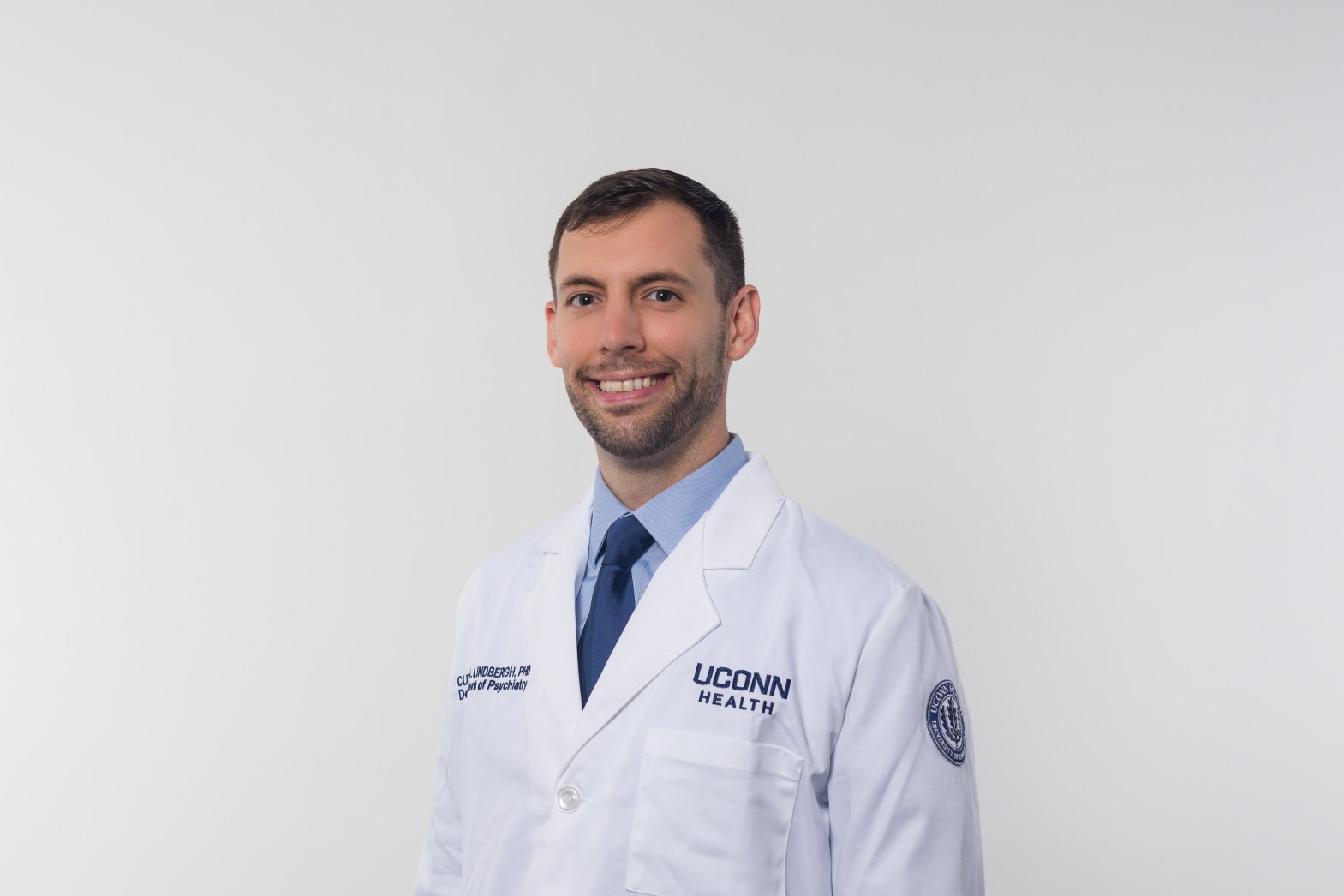Learn about brain health and nootropics to boost brain function
UConn study to test cognition training games to improve Covid-related ‘brain fog’

Cutter Lindbergh Ph.D. is a psychologist in the Department of Psychiatry at UConn Health. July 7, 2021 (Tina Encarnacion/UConn Health) The global COVID-19 pandemic has been over since March, but doctors continue to study the long-term ramifications of the virus.
A neuropsychologist with University of Connecticut Health is studying a possible treatment for people who suffer what is called “brain fog” that is a result of long COVID.
“I think that we’ve kind of shifted gears and we’ve, sort of, gotten past the acute phase of the pandemic,” neuropsychologist Cutter Lindbergh said. “Now it’s these lingering syndromes that can happen after the acute illness.”
Participants in Lindbergh’s trial will play brain-training games every day for six weeks on a computerized tablet to see if the practice can help restore certain cognitive brain functions.
All participants in the trial will be least 55 years old. Lindbergh said older adults can be susceptible to brain fog and other long COVID issues.
Lindbergh said “brain fog” generally applies to people who suddenly see a drop in executive functioning, and higher level cognitive skills such as planning, time management and problem solving.
He said long COVID is when patients continue to feel symptoms or see changes to their body linked to their infection, and doctors expanded the criteria.
“It can affect all different parts, all different body systems and organs,” he said.
Lindbergh’s study is specifically focused on whether doctors can help treat older adults with brain fog and restore their executive functioning.
The games last about an hour a day and require participants to complete tasks that are meant to stimulate their executive functioning and decision-making skills. They’ll also meet with a coach weekly to guide them through the trial.
The technique utilizes a tool developed by University of Utah Health neuropsychologist Sarah Shizuko Marimoto and a team of researchers to treat older adults with resistant depression.
The Utah researchers found the brain-training exercises helped improve cognitive functions and treat depression symptoms in their patients.
Lindbergh is hopeful he’ll see the same results in his trial.
Participants will first take a survey describing their symptoms and the potential level of their brain fog.
Lindbergh said it can be difficult to determine the base level of each patient’s cognitive abilities, especially since he’ll be dealing with most participants only after they’ve had COVID.
“It’s a tough thing to quantify, cognitive functioning, just in general,” he said.
The survey will require participants to self report their symptoms and describe their experience, such as their sense of memory loss or reduced problem-solving abilities.
Lindbergh formed the trial to test a possible treatment for brain fog, but the study could also help doctors better understand long COVID’s effects on the brain.
Researchers have found signs long COVID could accelerate conditions for people who already had dementia, according to a study published earlier this year.
Lindbergh said doctors don’t yet know if there’s a correlation between brain fog and dementia, including whether people with a higher risk for dementia are more likely to develop the condition as a result of long COVID.
His trial will be gathering information about participants and could give some insight. It could also help doctors understand whether symptoms brought on by long COVID are reversible.
“It would tell us something about the syndrome,” he said.
Lindbergh is hoping to have between 30 and 40 participants in his trial. Anyone interested in applying for the trial can contact UConn Health Research Coordinator Jennifer Brindisi at (860) 679-7581 or by email at brindisi@uchc.edu.